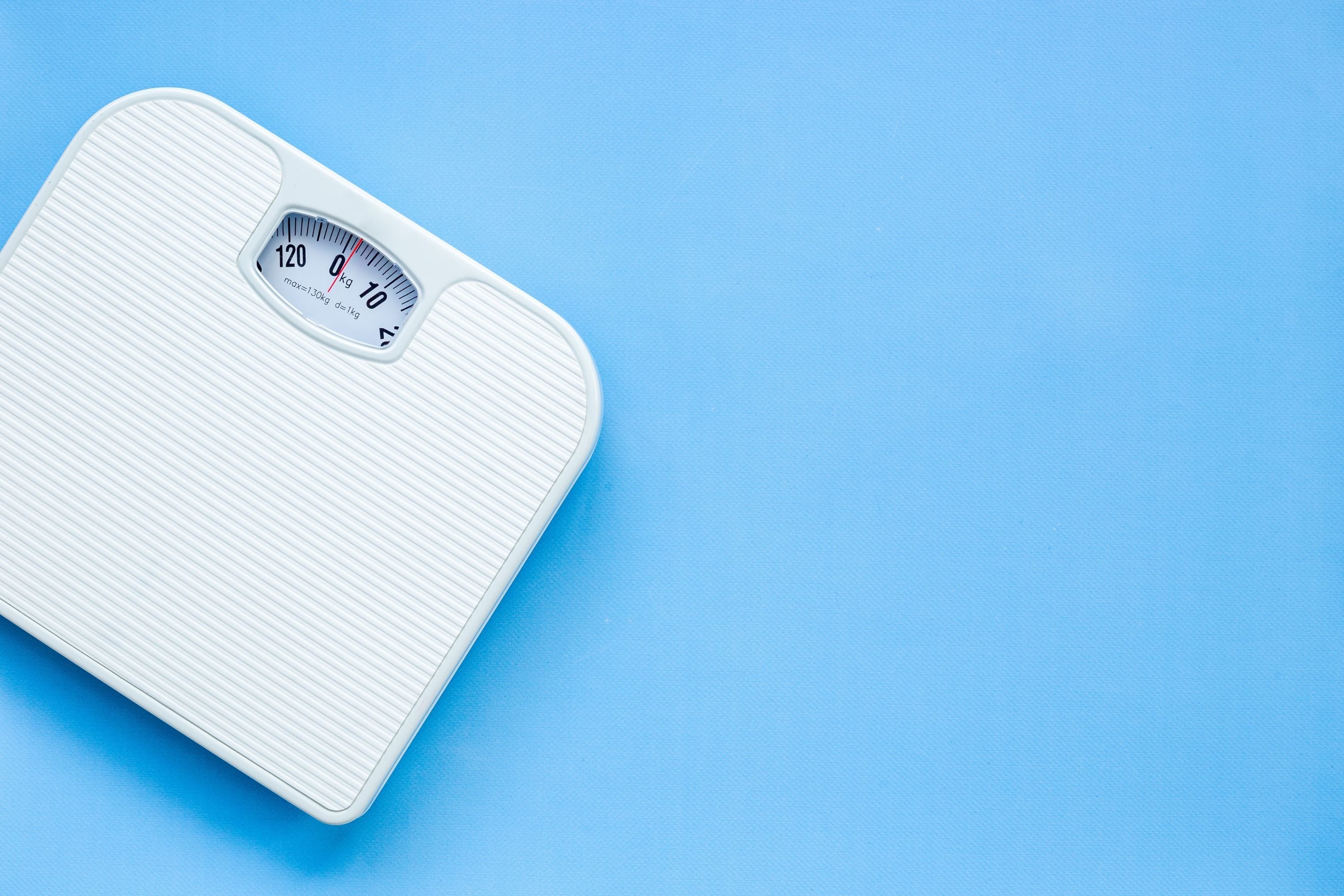
Calories and Honey
Over the years, you may have heard about honey's delightful sweetness and health benefits, but what about its caloric content? This guide will help you understand how honey compares to other sweeteners, its nutritional components, and how you can incorporate it into your daily diet. With insights into the various types of honey and their unique properties, you’ll gain a comprehensive understanding of this natural sweetener and how it can fit into your lifestyle, all while enjoying its distinct flavor and potential health advantages.
What Makes Honey Different?
As you explore the world of sweeteners, you'll find that honey stands out due to its 100% natural composition and diverse flavor profiles. Unlike refined sugars, honey is produced by bees from the nectar of flowers, undergoing an enzymatic process that enriches its taste and nutritional value. For instance, Manuka honey is renowned for its high methylglyoxal (MGO) content, while buckwheat honey boasts a robust flavor and impressive antioxidant properties. Each type of honey offers unique characteristics influenced by the floral sources, making honey not just a sweetener, but a versatile addition to your diet.
Caloric Content of Honey
To understand the caloric content of honey, you’ll find that a standard serving—about one teaspoon—contains approximately 21 calories and five grams of sugar. This makes honey’s caloric content comparable to that of refined sugar, which has around 16 calories and four grams of sugar per teaspoon. However, honey offers a distinct advantage with its natural composition, primarily comprising simple sugars like fructose and glucose, which provide quick energy without the sharp spikes often linked to refined sugars. Incorporating honey into your diet can contribute not just sweetness but also nutritional benefits.
Nutritional Profile of Honey
The nutritional profile of honey offers more than just sweetness; it also contains beneficial components that support your overall health. Packed with antioxidants like flavonoids and polyphenols, honey helps protect your body from free radicals. Additionally, you’ll find important nutrients such as vitamins B and C, calcium, copper, and magnesium. Certain types, like Manuka honey, boast higher levels of methylglyoxal (MGO), enhancing their antibacterial properties. By choosing honey as a sweetener, you’re not only indulging your taste buds but also enriching your diet with valuable nutrients.
Integrating Honey into a Healthy Diet
Some delicious ways to incorporate honey into your diet include drizzling it over Greek yogurt, stirring it into your morning coffee or tea, and using it as a sweetener in homemade lemonade. Honey is also excellent in salad dressings and marinades, adding a unique flavor while providing nutrients. With a standard serving containing about 21 calories and five grams of sugar per teaspoon, you can enjoy its natural sweetness in moderation.
Benefits of Honey Over Refined Sugar
Any time you choose honey over refined sugar, you’re opting for a sweetener that provides not just calories but also important nutrients. Honey contains about 64 calories and 17 grams of sugar per tablespoon, along with beneficial antioxidants, vitamins, and minerals. Unlike table sugar, which is primarily sucrose, honey's composition of fructose and glucose allows for a steadier energy release, reducing the spikes and crashes associated with refined sugars. This makes honey a smarter choice if you’re looking for a more nourishing sweetener that enhances your overall health.
Tips for Using Honey in Cooking and Baking
One effective way to enhance your cooking and baking is to incorporate honey as a natural sweetener. Here are some tips to help you get started:
- Use honey in marinades for meats or vegetables to add depth of flavor.
- Drizzle honey over yogurt, fruits, or desserts for a nutritious touch.
- Substitute honey for refined sugar, using about 3/4 cup of honey for every cup of sugar.
- Reduce the liquid in your recipes by one tablespoon for each cup of honey used.
The versatility of honey can elevate your dishes while providing health-supportive nutrients and antioxidants.
To wrap up
Now that you have a detailed understanding of the caloric content of honey, you can make informed choices about incorporating it into your diet. With its unique blend of natural sugars, antioxidants, and nutrients, honey serves as a flavorful alternative to refined sugars. By using honey in moderation, you can enjoy its delicious taste while reaping its health benefits, enhancing both your meals and overall well-being.







Leave a comment
This site is protected by hCaptcha and the hCaptcha Privacy Policy and Terms of Service apply.